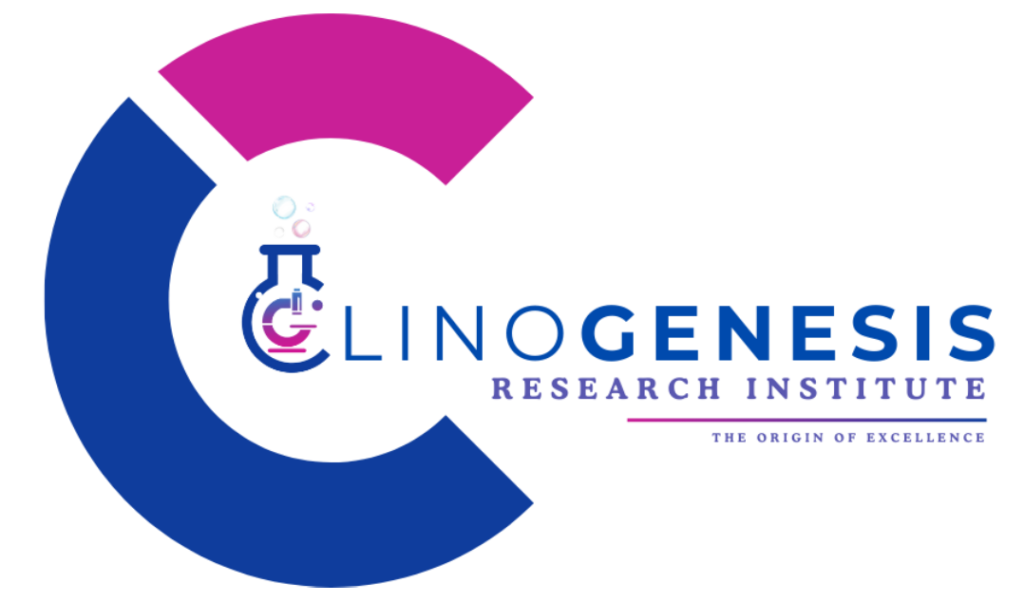How to Become a Medical Coder
The medical coding profession is one of the most crucial roles in healthcare, ensuring accurate billing, effective communication among healthcare providers, and adherence to regulatory standards. As the healthcare industry grows increasingly complex, the demand for skilled medical coders is on the rise. From a clinical research institute’s perspective, medical coders are the backbone of accurate data management, directly influencing research outcomes, patient care, and healthcare operations. If you’re interested in pursuing a career in medical coding, this guide will provide you with essential insights on how to get started and why this profession is indispensable in the realm of clinical research.
Understanding the Role of a Medical Coder
Medical coders are responsible for translating healthcare procedures, diagnoses, services, and equipment into universal medical alphanumeric codes. These codes are derived from various classification systems such as the International Classification of Diseases (ICD), Current Procedural Terminology (CPT), and the Healthcare Common Procedure Coding System (HCPCS).
In a clinical research institute, accurate coding is vital for several reasons:
- Data Integrity: Ensures that clinical trial data is accurately recorded, facilitating valid research outcomes.
- Billing and Reimbursement: Proper coding guarantees that healthcare providers are reimbursed correctly by insurance companies, which is crucial for the financial sustainability of research projects.
- Regulatory Compliance: Adherence to coding standards helps clinical research institutes meet regulatory requirements, reducing the risk of audits and penalties.
Steps to Becoming a Medical Coder
- Educational Requirements
- High School Diploma or Equivalent: The first step is to obtain a high school diploma or equivalent. A strong foundation in biology, anatomy, and medical terminology is beneficial.
- Post-Secondary Education: While not always mandatory, completing a post-secondary program in medical coding or a related field can significantly enhance your job prospects. Many community colleges and technical schools offer certificate and associate degree programs in medical coding.
- Certification
- Choose the Right Certification: Obtaining certification is often required for most medical coding positions, especially in clinical research settings. Two of the most recognized certifications are:
- Certified Professional Coder (CPC): Offered by the American Academy of Professional Coders (AAPC), this certification focuses on coding in physician offices and outpatient settings.
- Certified Coding Specialist (CCS): Provided by the American Health Information Management Association (AHIMA), this certification is ideal for those interested in coding for hospitals and inpatient settings.
- Exam Preparation: Enroll in a certification prep course or use study guides and practice exams to prepare for your certification exam.
- Choose the Right Certification: Obtaining certification is often required for most medical coding positions, especially in clinical research settings. Two of the most recognized certifications are:
- Gaining Experience
- Entry-Level Positions: Start with entry-level positions in medical billing, coding, or related healthcare administration roles. Some clinical research institutes may offer internships or part-time positions that provide hands-on experience.
- On-the-Job Training: Many employers offer on-the-job training, allowing you to refine your coding skills and gain familiarity with the specific coding systems used in clinical research.
- Specialization
- Continuing Education: To stay competitive and advance in your career, consider pursuing continuing education courses or additional certifications in specialized areas such as oncology coding, cardiology coding, or coding for clinical trials.
- Clinical Research Focus: Developing expertise in clinical research coding can set you apart from other medical coders. This specialization involves coding clinical trial data, ensuring compliance with research protocols, and working closely with research teams to maintain data accuracy.
- Staying Updated
- Ongoing Learning: Medical coding systems are constantly evolving, and staying updated with the latest changes is crucial. Attend workshops, webinars, and conferences related to medical coding and clinical research.
- Professional Associations: Join professional associations such as the AAPC or AHIMA to access resources, networking opportunities, and the latest industry news.
The Importance of Medical Coders in Clinical Research
In clinical research institutes, medical coders play a pivotal role in the successful execution of research projects. Their work ensures that patient data is accurately captured and coded, which is essential for:
- Data Analysis: Accurate coding allows researchers to analyze data effectively, leading to reliable study results and advancements in medical science.
- Patient Safety: Proper coding helps in tracking patient outcomes and identifying potential adverse effects, contributing to patient safety during clinical trials.
- Funding and Grants: Precise coding is crucial for securing funding and grants, as it demonstrates the institute’s ability to manage and report data effectively.
Conclusion
Becoming a medical coder requires dedication, education, and a commitment to continuous learning. From a clinical research institute’s perspective, medical coders are essential to the integrity of research data, the success of clinical trials, and the overall functioning of healthcare systems. By following the steps outlined above, you can embark on a rewarding career that not only supports healthcare providers but also contributes to the advancement of medical research and patient care.



